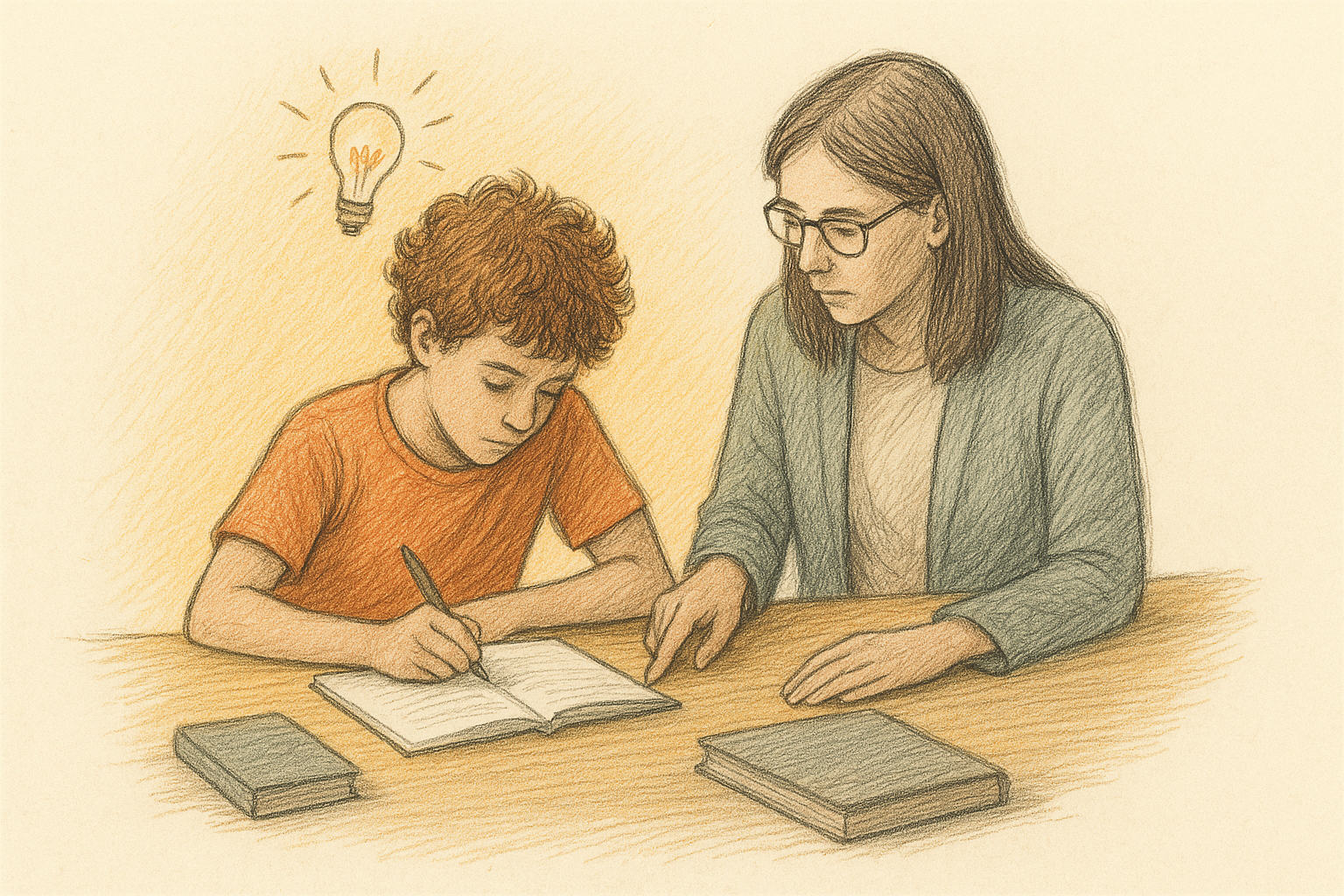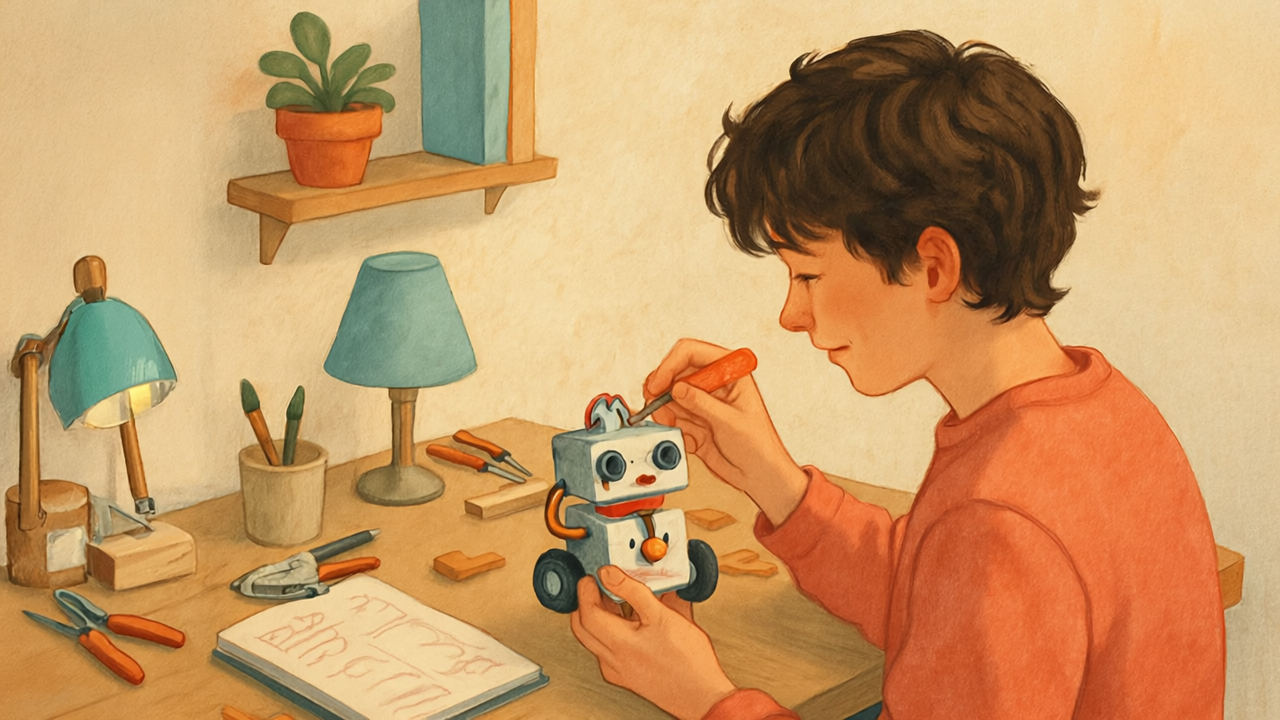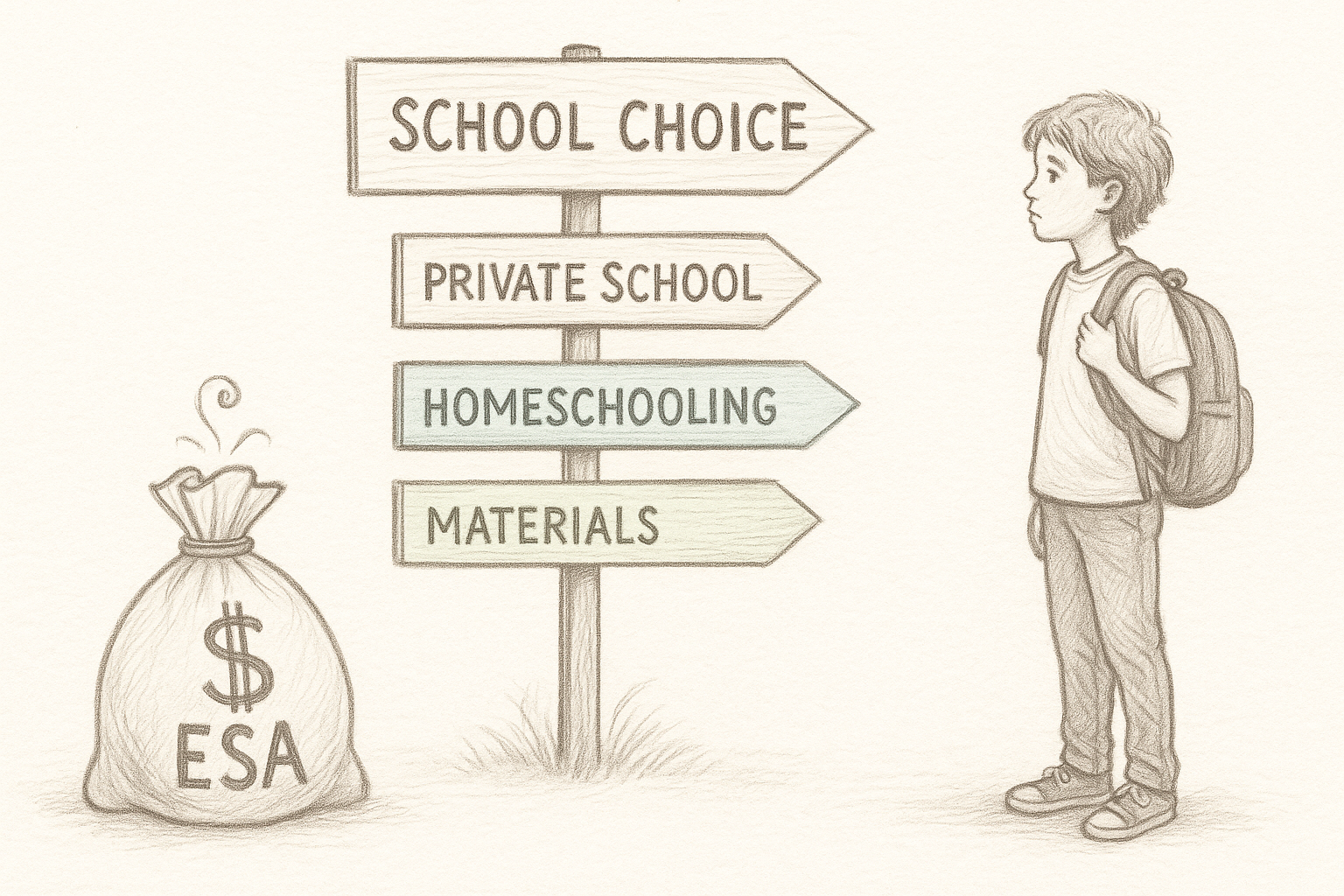Surface Level vs Deep Learning
Imagine this: a million students show a 20–40% gain in learning outcomes after using AI-powered educational tools. Sounds like we’ve cracked the code. But what, exactly, are we optimizing for? AI can make certain metrics look impressive—speed, accuracy, surface-level comprehension—but deep learning is harder to measure. One study found that while AI-assisted instruction improved test scores in basic tasks, it also introduced cognitive shortcuts: Complete reliance on AI for writing reduced accuracy by 25.1%, and AI-assisted reading caused a 12% decline in comprehension when students became overly dependent on the tools (Heng et al., 2023). It’s a bit like using GPS so often that you forget how to read a map: convenient, but also detrimental to our geospatial thinking and ability to wayfind.
Professors are baffled at students’ lack of competency in reading as they transition from high school to college. A Columbia Professor said his jaw dropped when a student told him she hadn’t read a book cover-to-cover her entire high school career. This combination of offloading to AI and a failing of curricula allows students to navigate higher education without knowing how to read.
Reading, Rewired
AI now summarizes entire novels, answers comprehension questions, and mimics critical analysis. But is it helping students think—or just think they’re thinking?
A new study from MIT Media Lab, titled “Your Brain on ChatGPT: Accumulation of Cognitive Debt when Using an AI Assistant for Essay Writing Task,” explores a question many parents and educators are asking: how does using AI to write affect how students think and learn?
In the experiment, college students were asked to write short essays under three different conditions — using only their own ideas, using Google Search, or using ChatGPT as a writing assistant. While they worked, researchers measured their brain activity with EEG headsets and later tested how well they remembered what they’d written.
The findings were fascinating — and a little sobering. Students who relied on ChatGPT showed lower neural connectivity, particularly in areas linked to memory and creative integration. They also remembered less of their essays afterward and reported a weaker sense of ownership over their writing. In other words, the AI helped them produce polished work faster, but it also seemed to make them less mentally engaged in the process.
The authors call this effect “cognitive debt.” It’s what happens when a tool takes over too much of the thinking process — freeing up mental effort in the short term, but leaving students with less long-term learning and understanding.
Still, the researchers caution that this doesn’t mean AI tools are bad for learning. Used strategically, they can be incredibly helpful for brainstorming, revising, and building confidence — as long as students stay actively involved in shaping the ideas and words themselves. The takeaway isn’t to avoid ChatGPT, but to use it consciously, with attention to when it supports thinking versus when it replaces it.
At Cicero Learning, we see this as an opportunity — not a warning. The goal isn’t to take AI away from students, but to design learning environments where AI becomes a partner in reasoning, not a shortcut around it. That means encouraging reflection, discussion, and ownership — so learners can use these tools to deepen understanding, not just accelerate output.
Critical Thinking—With AI, Not Against It
But let’s not throw the algorithm out with the bathwater. When used thoughtfully, AI can actually support critical thinking. A 2024 study found that students who engaged with ChatGPT reported increased willingness to challenge their assumptions and develop analytical skills—especially when prompted to critique or question the AI’s responses (Kumar & Zhao, 2024).
The key isn’t just learning to use AI. It’s learning when and how to use it—just as a calculator supports math but doesn’t replace arithmetic, AI can support thinking but shouldn’t replace it.
In fact, AI might be best used to teach students about AI itself: how it works, where it falters, and how to reason critically about its outputs.
Teaching AI Literacy in an AI World
This is where real education comes in. AI literacy means more than mastering tools—it means knowing when not to use them. With this in mind we’ve recently launched an AI and Creativity course that teaches students how to use AI as a tool to enhance creative thinking.
Students need what we might call “cognitive sovereignty”: the ability to choose when to think for themselves, when to ask for help, and how to evaluate both human and machine-generated insights. Otherwise, we’re just training students to give better prompts, not become better thinkers.
Cicero Learning’s Approach
At Cicero Learning, we don’t treat AI as a threat or a savior. We see it as a tool. Our goal isn’t to produce students who rely on AI, but ones who can think alongside it, and thrive as humans in an AI-powered world. (This is why we’re always recommending students take Latin, literature, and philosophy!)
We teach deep reading because we believe intellectual stamina matters. Our students don’t just read Tocqueville—they wrestle with his ideas. They don’t just summarize sources—they interrogate them. And they don’t just ask ChatGPT for answers—they evaluate the logic, ethics, and assumptions embedded in those answers.
We integrate AI literacy as part of our curriculum. Students learn to use AI to generate ideas, challenge their thinking, and enhance creativity—without outsourcing their agency.
Most importantly, we build spaces where learning is active, dialogic, and real. Our Socratic seminars, reflective essays, and interdisciplinary projects prioritize process over polish. Because in a world where AI can simulate understanding, genuine understanding is more valuable than ever.
Moving Forward
AI shouldn’t be banned or blindly embraced. It should be thought with. It’s a powerful tool, but it’s only as good as the thinker using it. At Cicero, we’re preparing students not just for college or careers, but for a world where intellectual curiosity, ethical reasoning, and deep engagement will set them apart.






